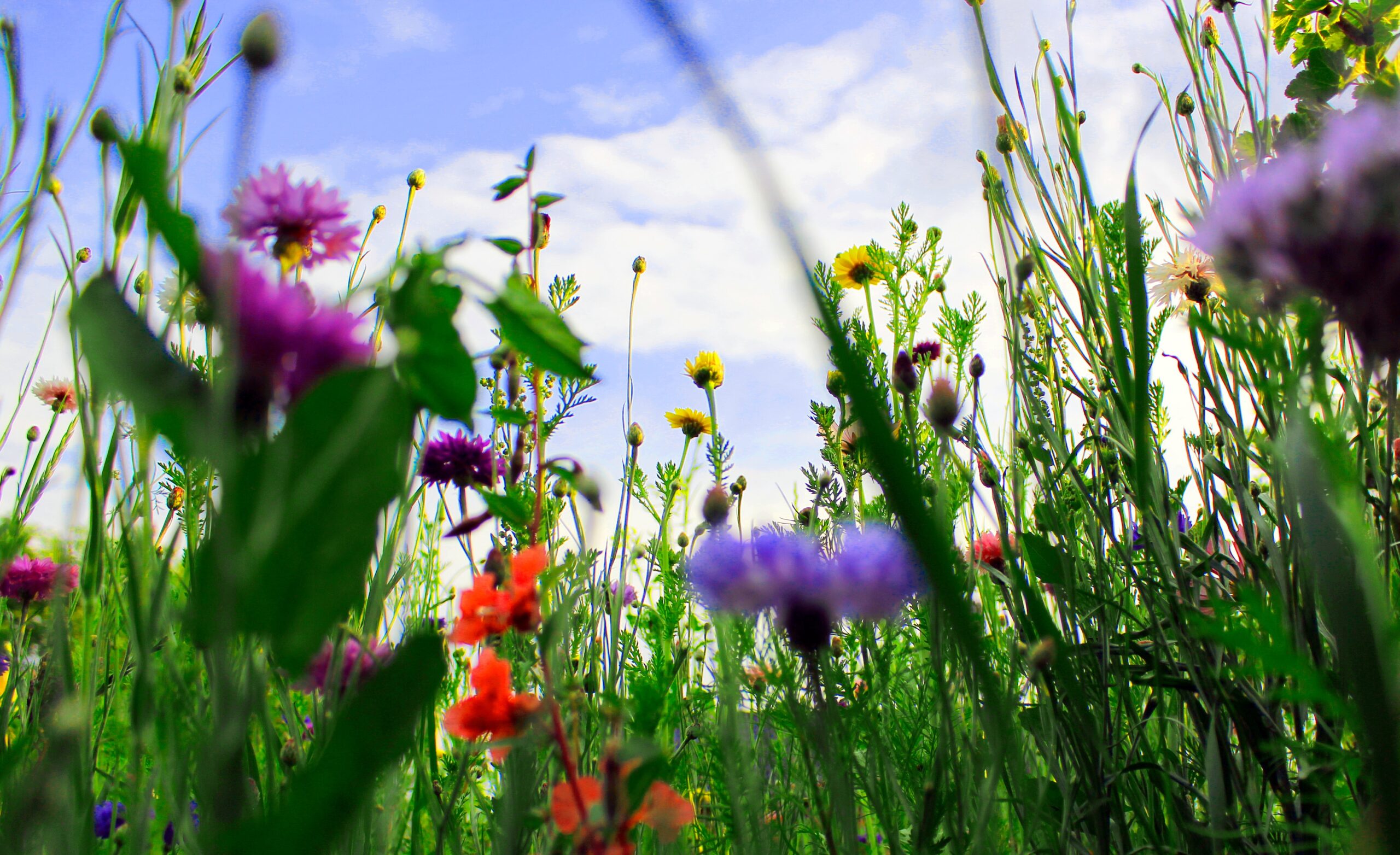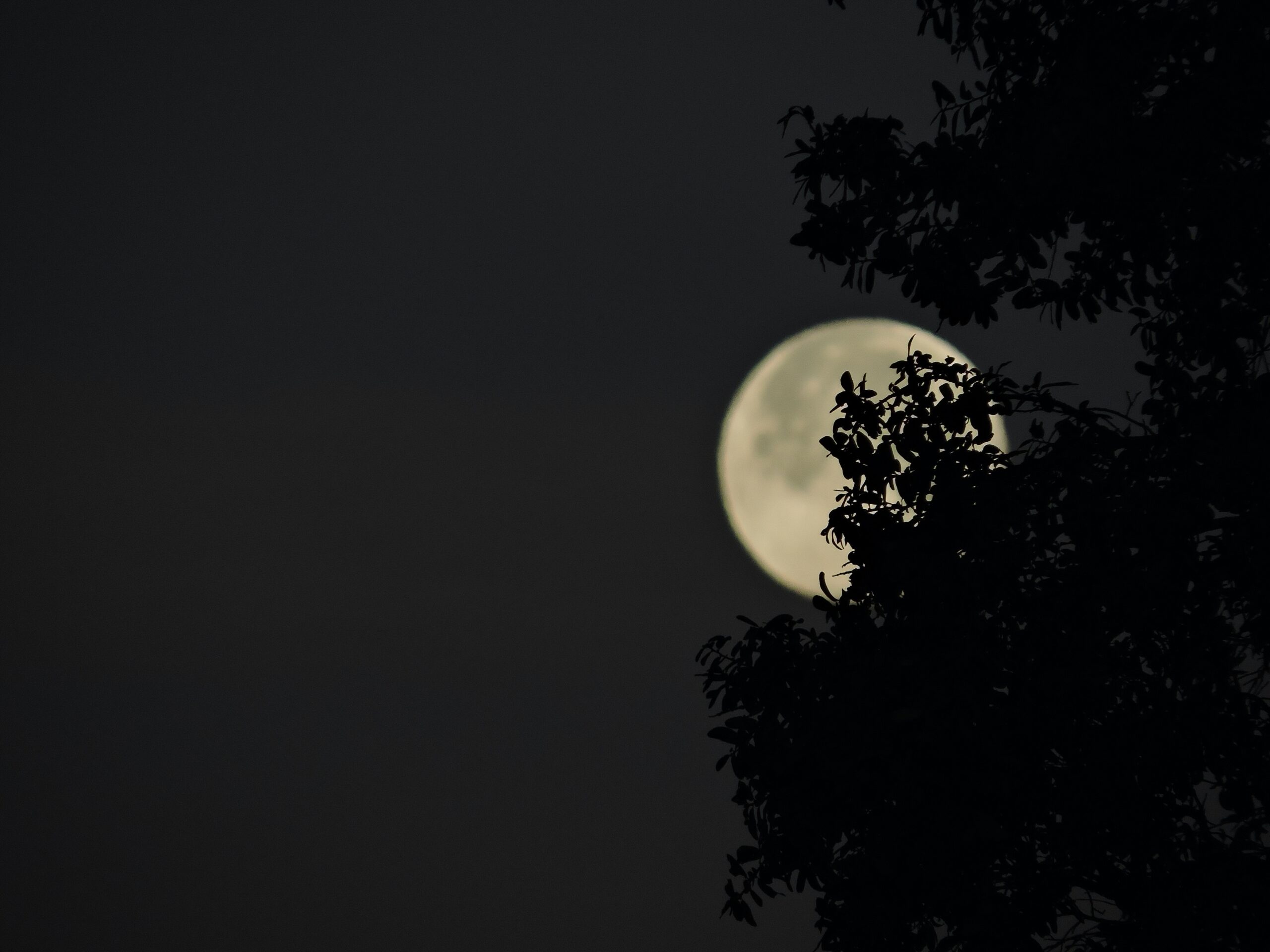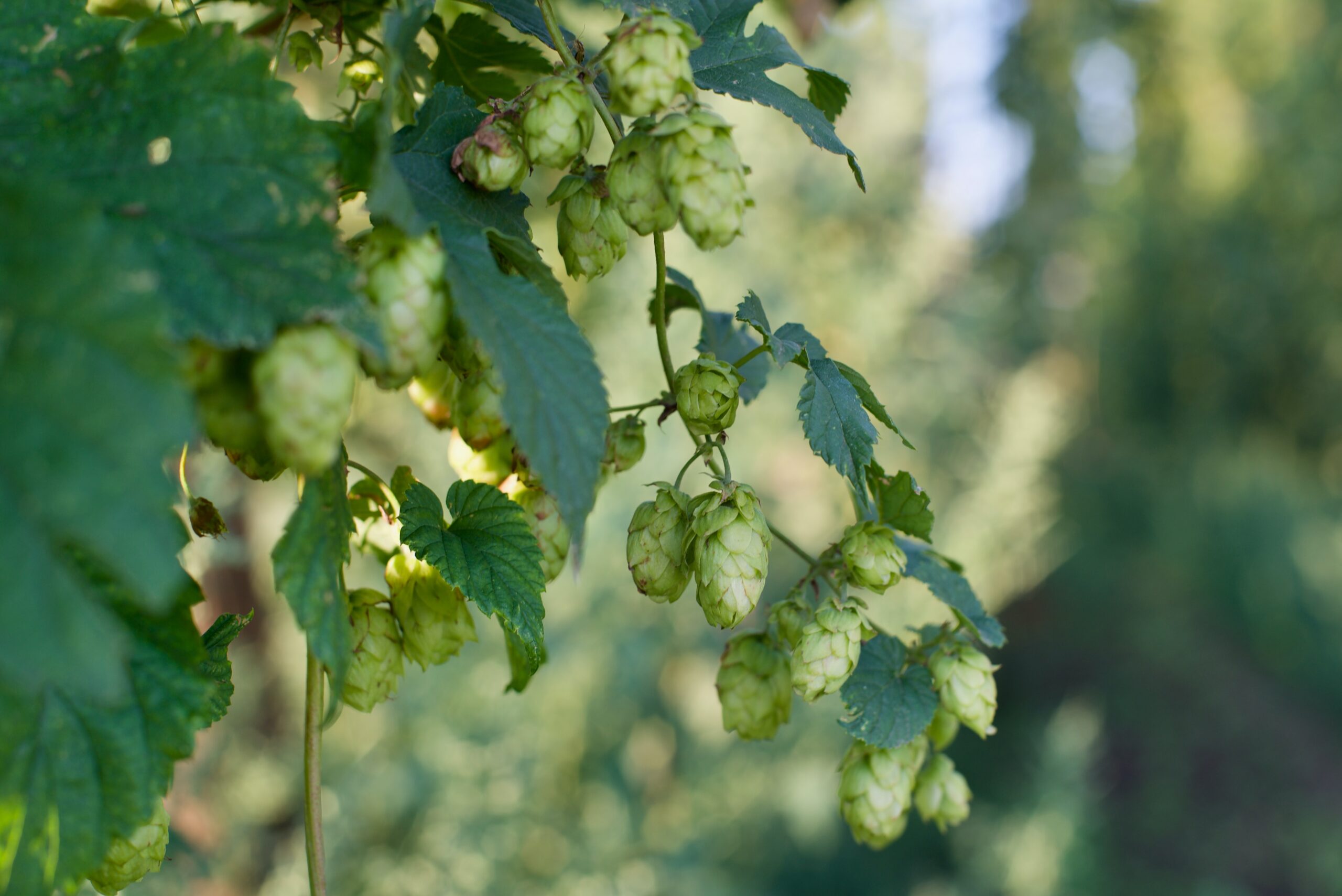
an interview with acclaimed ethnobotanist, Dr. Michael Balick
rethinking our relationship with plants
*Dr. Michael J. Balick has worked with indigenous cultures and traditional systems of medicine, all over the world, since the early 1970’s. He received his B.Sc. in agriculture from the University of Delaware and M.A. and Ph.D. in Biology from Harvard University and is the author/editor of over 160 scientific papers and 28 books. Following the incredible insight provided in the second edition of his book, Plants, People, and Culture, sofi had the wonderful opportunity to speak with him.
**Disclaimer: sofi is a food supplement and should never be used as a replacement for proper treatment or medical care.
as an ethnobotanist, what changes do you see taking place in the sphere of plant-based medicine?
Let’s face it, there’s a revolution happening within healthcare.
Healthcare’s gotten very expensive, and increasingly it’s gotten beyond the reach of a growing percentage of the population. With the current model, depending on where you are in the world, most health care providers will give you about 8-10 minutes of their time per visit. It’s often not enough to get to the root of the problem.
Now, don’t get me wrong, mainstream medicine is certainly effective for a lot of conditions. For example: if you get hit by a car, you’re probably not going to want to see a herbalist.
But 40 years ago the average MD was only getting a half hour lecture on nutrition as part of their medical training, and now we’re up to an entire course. Slowly but surely we are becoming aware of the extraordinary benefits that plants provide - whether that’s in disease prevention, diet, or symptom relief...
These days, integrative medicine is taught in over 40 US medical schools and centres, training thousands and thousands of practitioners each year.
Compare this with 40 years ago when I first started and not only did no one understand what integrative medicine was about, but if they did, they certainly didn’t believe in it.
Many decades ago I studied Ayurvedic medicine in India, it’s considered to be a completely preventative approach. The whole idea is that you shift your lifestyle, you eat differently, you take different herbs, you do yoga, and exercise and meditation…oftentimes you can prevent diseases or help recover from them more effectively.
In many indigenous cultures, people get a lot of exercise. They’re cultivating their gardens, growing crops, and spending a lot of their time outside. You look at their diets, and they eat simpler. Almost every aspect of their lives is different and it’s incredible to see really old people who are incredibly vital. They've been out in nature for their entire lives, working hard, celebrating, living in nature, having community, and spending time with their families. The difference that can make is astounding.
And so, there’s this explosion of interest in getting back to nature.
I think, especially people who have grown up with the television as their babysitter, educated in front of a computer screen, and are accustomed to living a virtual life — a lot of people are now realizing that’s just not enough.
In fact, there’s now something diagnosable called nature deficit disorder — and, quite simply — it makes people miserable.
I mean, there are alot of things that make people miserable in today’s age, and this is a crucial element of what I feel so many of us are missing. It all plays into the dire need for incorporating habits of a more natural life, including eating well and using herbs wherever possible.
Herbal medicines are also gentler and sometimes more effective than “single bullet” pharmaceutical compounds; they have far fewer side effects, and that alone makes them worth looking into when thinking about improving one’s health
One of the biggest things that can be addressed, in my mind, is embracing nature as teacher, as guide, as therapist, leading people, ultimately, to be refreshed by a renewed connection with nature.
what are some of the difficulties when it comes to isolating plant-compounds used in traditional medicine? In drug research for example.
I think it’s highly difficult, as you say. You take something out of its cultural context, strip away the ritual and look for active compounds, and you’ve got a 200-300 million dollar, 10-20 year project ahead of you — so there’s not much of that really going on these days, although there are spectacular examples of success stories in using herbal therapies to develop new pharmaceuticals.
The key here is that we need to look outside western research, and begin to consider other applied forms of the scientific method.
With herbs, people can try them and most of the time it’s not going to hurt them. One must try things under the supervision of a medical professional, an individual who’s trained in these things, but it’s certainly easier to work with herbs than it is to try and find a pharmaceutical cure.
I was just reading a study done in Iran, a human clinical trial that was very convincing on the use of lemon balm for anxiety and palpitations.
But you can’t just magically create a 10 million dollar human trial out of nothing. So, although these studies can be valuable for pointing people in the right direction, a lot of the time, we already know these remedies work, and there isn't the need (nor the money) to conduct a controlled research study.
Isolating single compounds is, for the most part, the research model. If you’re investing 300 million dollars into the development of a new pharmaceutical, you have to get your money back. So people are looking at single compounds for which patents can be more easily obtained, and neglecting the whole plants completely.
what role does technology play in reconnecting people with plants?
The integration of technology and nature is one of the best solutions.
Let’s say someone eats a berry for the first time, and suddenly they have more energy and it satiates them, and then they try another red berry and it gives them a stomach ache. Gradually, then, they begin to distinguish between friend and foe.
And so this body of cultural and traditional knowledge begins to be built and transmitted from generation to generation. It’s known as part of the Ethnosphere, the sum total of human knowledge.
Sadly, these days, the link is broken because the older people who have this knowledge don’t always have the opportunity to pass it along. Maybe they don't have a protege to teach, or that person in their family is too busy, or too uninterested, and so that information is lost.
The question is how to prevent this loss of knowledge, how to use technology to help save it, and how can we, as outsiders, can work with communities who understand that this is really very important.
So important, in fact, that our partnerships involve trying to help people preserve their cultural knowledge. As one of the high chiefs once told me on a small island, the young people won't listen to us, because they’ve seen television, and they're caught up in a fascination with modern things. But when you come as an outsider and start talking about the limitations of your culture and how important the local culture is, then people start to listen.
I work in some of the most remote tropical island communities in the world in the Pacific, and, even so, the people there have cell phones that they charge with a solar charger.
One of our projects (working with linguist David Harrison) involves collecting information on useful plants and on language names and putting that all on a cell phone app to preserve the language base, and the indigenous knowledge that always accompanies it, from further shrinking.
A vast number of languages will be extinct in the next fifty years as a result of not having enough native speakers. So, we learn to use technology to preserve, and to hear the language spoken, and to learn the usage of these natural objects, the plants, the shells, the natural objects. The tools for environmental resilience are embedded in language.
When people forget their language, they forget their stories. And alongside their stories disappear their cultural legends about how to survive and thrive in the world, how to be sustainable, how to be resilient...
Really it’s the melding of technology that brings interest and creates power. Technology is what allows this preservation and passing on of information.
where does integrative medicine fit into all this?
In 1645, there was a split between the alchemists and the herbalists. The alchemists were trying to find the single compound within a plant (because remember, back then all medicines were plants, and all doctors were trained botanists) but anyway the alchemists were trying to find that one compound within the plant that was responsible for the medicinal activity.
The herbalists on the other hand were figuring out the effects of the entire plants and they were focused on synergies and the benefits of combining multiple whole plants.
That split happened in 1645, and it’s maintained until this very day. I would suggest that integrative medicine is working to kind of put it back together again.
The good news is that I think things are changing. Millions upon millions of patients rely on plant-based medicines, providers are increasingly open to natural remedies, and there are new sources of data that help both patients and providers track what’s beneficial in order to find solutions that really work.
Pioneered by Andrew Weil, it’s the integration of pharmaceutical medicine and traditional medicine. Integrative medicine gives you a choice when you have a condition; you can try one, and if it doesn't work you can try the other. *
*Disclaimer: If you have a health condition, or are currently pregnant, breastfeeding, trying to conceive, or taking any prescription medication, speak to a healthcare professional before using sofi.
In some cases this can be as simple as a breathing exercise. Now everybody has insomnia, because the pandemic is really ruining sleeping habits, and Andy Weil has a breathing exercise that will lower anxiety.
These are hard times, and if you don't get 8 hours of sleep your health can be compromised and your immunity reduced.
I personally have a ritual in the evening with valerian and magnesium, and sometimes I pair it with breathing. Everyone has to experiment with what works for themselves, but what’s better, a pharmaceutical sleeping pill or a breathing exercise? That is something only an individual who has tried both can answer.
Then, there’s a convincing body of research on valerian for sleep and magnesium for anxiety and other benefits. Herbs can also be taken as preventatives just as much as they can be taken as problem solutions.
Like everyone else, I have a lot of sleepless nights, but I’m not willing to take pharmaceuticals because I know what they’ll do; they’ll make me groggy in the morning.
And you know, you exercise, and you eat right, and you avoid watching television too late in the evening, and don’t think about the news of the day. It’s the whole wellness package that we should be striving for. Small but powerful daily changes.
One of my physician friends once observed that people take their whole lives to goof up their health, and then they want it instantly changed. And unfortunately that’s just never going to be possible. Instead look at lifestyle, look at who you interact with, look at the habits you engage with.
Interestingly, there are 30,000 plant species known to be used by traditional cultures for medicinal purposes — and by that I also mean food medicine.
There are a vast number of plants out there that can impact health in a positive way.
I also find there are lessons from traditional lifestyles that can help us….. not be rushing all the time, not to live life according to the clock. These lessons also teach us to spend more time in communities and to avoid foods that are processed and so far removed from their natural origin with so many unpronounceable ingredients.
There is no one size that fits all, but you do have to look at the whole picture. Having an entire community of people who are trying to address the same problem can be immensely helpful and provide support, which is essential.
...And so back to nature we go, the pendulum always swinging one way or another.

